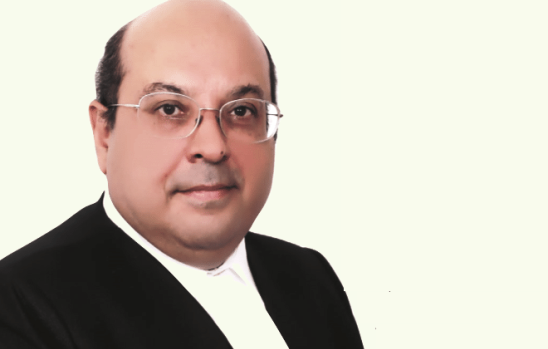The Retired judge of Supreme Court judge Justice Rohinton Fali Nariman has criticised the recent decision by 3-judge bench of the Supreme Court for upholding various stringent provisions of the Prevention of Money Laundering Act (PMLA) including bail provision.
Justice Nariman said that his own judgement of 2017 was overruled the 3-judge bench, which had read down stringent bail conditions of PMLA and it was “very unfortunate” because it has now become difficult to get bail in money laundering cases.
Justice Rohinton Nariman, said this would have a chilling effect on free speech asthe government will be allowed to use coercive machinery like the Enforcement Directorate and Income Tax Department freely.
Justice Rohinton Nariman said that the if the Enforcement Directorate slaps a money-laundering case on someone, due to the recent judgement, it will become very difficult for people to get bail in these cases.
He added that although the conviction rate may be 0.2 per cent, still there is no no hope of getting convicted, at the same time you will not be let out on bail.
He said that if the coercive machinery of the State is to be used in this fashion, then there is no doubt that the ‘chill effect’ spoken about in our judgments comes into play.
Justice Nariman said this while he was delivering the inaugural Jitendra Desai Memorial Lecture, on the topic, “Freedom of Speech: Contemporary Challenges”.
The lecture was organised by the Navajivan Trust in Gujarat’s Ahmedabad.
In a judgement delivered in November 2017,by the bench of Justice Nariman and Justice Sanjay Kishan Kaul had struck down Section 45(1) of the PMLA, to the extent it imposed two additional conditions for release on bail.
The top court had given various then set out various exampes to explain how the twin conditions were manifestly arbitrary and discriminatory.
The Court said that Section 45 is a provision that turns on its head the presumption of innocence, and such a provision can be upheld only if there is a compelling state interest.
This decision was however overruled last year by a bench of Justice AM Khanwilkar, Justice Dinesh Maheshwari and Justice CT Ravikumar.
The former Chief Justice of India (CJI) UU Lalit, in November last year had taken the view taken by retired Justice Nariman in the Supreme Court’s 2017 judgment.
The former CJI had said that when we talk about Indian criminal jurisprudence, the principle is not guilty, until proven to be guilty.
In his speech , Justice Nariman underscored the value of the freedom of speech and expression in his speech.
Justice Nariman pointed that the country has no opposition worth the name, and said that the media was not playing the critical role of the government that it should.
Justice Rohinton Nariman said that India is at a cross-roads where opposition is just for name and the media does not criticise government the way it used to. These are facts known to all of us. It may not be stated openly, but they are facts.
Justice Nariman flagged the recent instances of hate speech, saying it interferes with the cardinal value of fraternity and is against the fundamental duty of maintaining harmony and brotherhood.
He outlined the various tests and standards that have been laid out by the Supreme Court for the State to legally enforce any restriction on free speech.


